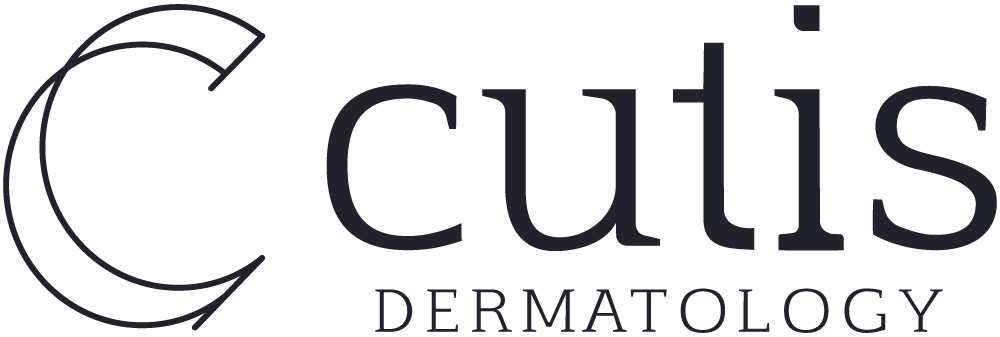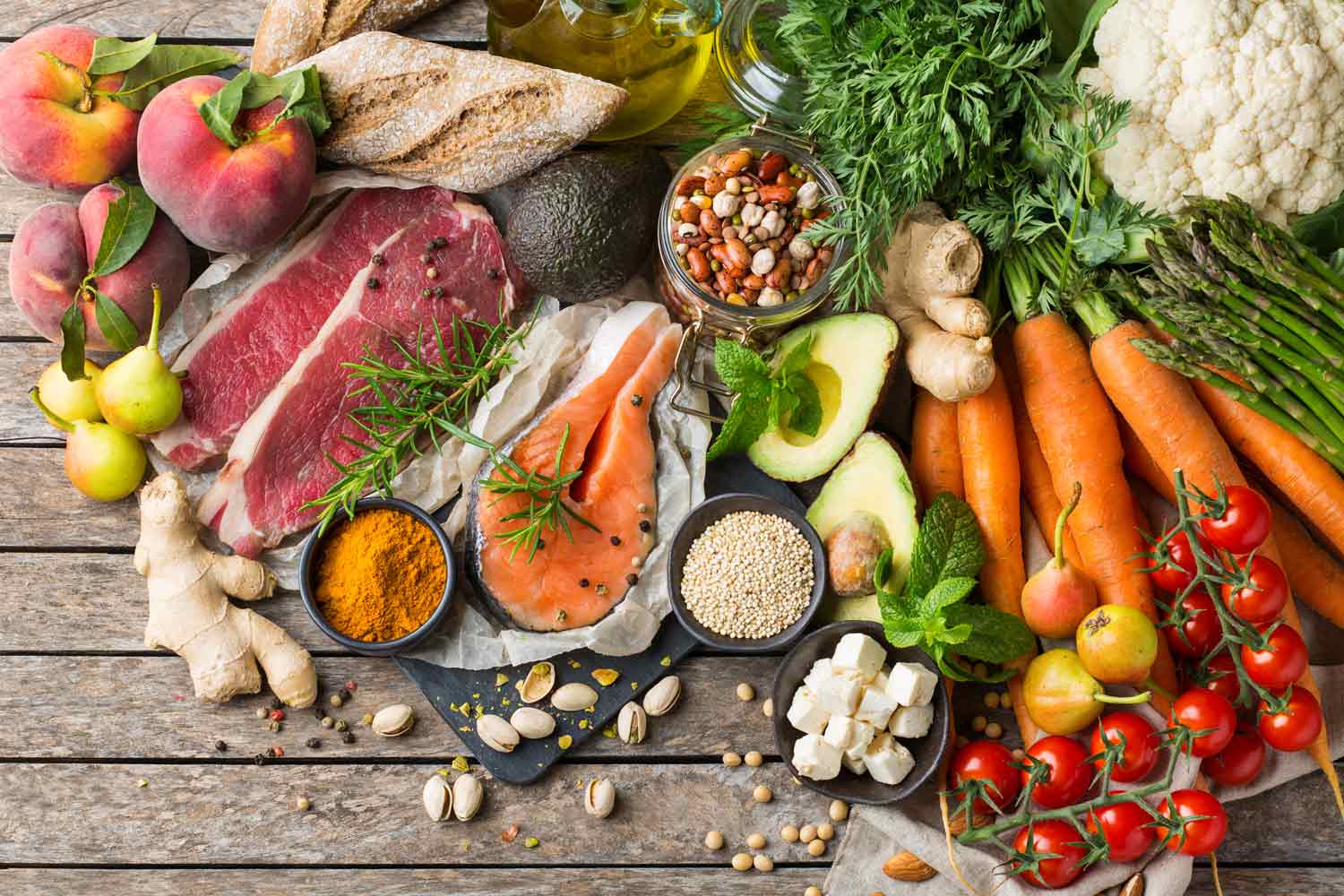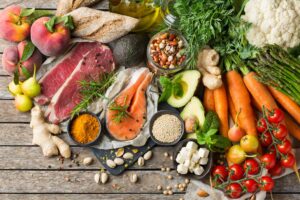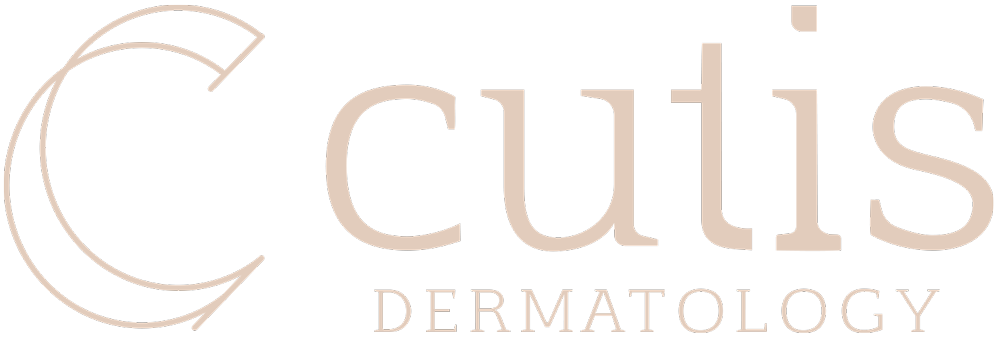What causes acne?
How does diet affect acne?
There is evidence to suggest that diet can play a role in the development of acne. Some studies have found that a diet high in refined carbohydrates and sugar may increase the risk of acne. This is thought to be because high-glycemic-index foods can lead to increased levels of insulin and androgens, hormones that can stimulate the sebaceous glands to produce more oil.
Additionally, a diet high in dairy products and processed foods may also be associated with an increased risk of acne. This is thought to be due to the presence of certain hormones and bioactive molecules in these foods that can stimulate the sebaceous glands.
On the other hand, a diet rich in fruits and vegetables, which are high in antioxidants and anti-inflammatory compounds, may help to reduce the risk of acne. Omega-3 fatty acids found in fish and flaxseed oil also are known to have anti-inflammatory properties and may help to reduce the risk of acne.
It’s important to note that these are only associations, and more research is needed to establish a cause-and-effect relationship between diet and acne.
What is the link between dairy and acne?
Dairy products, such as milk, cheese, and yogurt, contain hormones and other compounds that can contribute to the development of acne. For example, milk contains a hormone called IGF-1, which has been shown to increase oil production in the skin and promote the growth of acne-causing bacteria. Additionally, many dairy products are high in sugar and other carbohydrates, which can also lead to the development of acne. Some studies have shown a link between a diet high in dairy and an increased incidence of acne. However, it’s worth to note that more research is needed to confirm the link between dairy and acne, and other factors such as genetics and lifestyle also play a role in the development of acne.
What are the best foods for your skin?
Eating a healthy and balanced diet can be beneficial for the skin. There are several foods that are particularly good for the skin, including:
- Fruits and vegetables: These foods are rich in vitamins and minerals that are essential for healthy skin, such as vitamin A, vitamin C, and vitamin E.
- Fish: Fish such as salmon, mackerel, and sardines are high in omega-3 fatty acids, which can help reduce inflammation and improve the appearance of the skin.
- Nuts and seeds: Nuts and seeds such as almonds, walnuts, and flaxseed are high in healthy fats, antioxidants, and other nutrients that can help keep the skin hydrated and protect it from damage.
- Water: Drinking plenty of water can help hydrate the skin and flush out toxins.
- Green tea: It’s rich in antioxidants that can help protect the skin from damage caused by sun exposure and pollution.
- Dark chocolate: It contains flavonoids, which are antioxidants that may protect the skin from sun damage and improve blood flow.
It’s important to keep in mind that there isn’t a specific food that can prevent or cure acne. A healthy diet, combined with good skincare routine and regular exercise, can help maintain overall skin health.
What other foods have antioxidants?
Many fruits, vegetables, nuts, and whole grains are rich in antioxidants. Some examples include:
- Berries: berries such as blueberries, raspberries, and strawberries are high in antioxidants such as anthocyanins and vitamin C.
- Leafy greens: Spinach, kale and broccoli are rich in antioxidants such as beta-carotene and lutein.
- Tomatoes: Tomatoes are rich in lycopene, an antioxidant that can help protect the skin from sun damage.
- Pecans, walnuts, hazelnuts, and almonds: These nuts are high in antioxidants such as vitamin E and selenium.
- Beans and lentils: They are rich in antioxidants such as flavonoids and anthocyanins.
- Artichokes, okra and eggplants: They are rich in antioxidants such as silymarin and chlorogenic acid.
- Dark chocolate: It contains flavonoids, which are antioxidants that may protect the skin from sun damage and improve blood flow.
- Spices like turmeric, ginger, and cinnamon are also high in antioxidants and have anti-inflammatory properties.
Eating a variety of antioxidant-rich foods as part of a balanced diet can help protect the skin from damage and promote overall health.
What are the best supplements for your skin?
There are several supplements that may be beneficial for the skin, including:
- Vitamin A: Vitamin A is important for skin health as it helps to keep skin cells healthy, it also helps to reduce the production of sebum which can clog pores and cause acne.
- Vitamin C: Vitamin C is an antioxidant that can help protect the skin from damage caused by free radicals. It also helps to produce collagen which is important for skin elasticity and firmness.
- Vitamin E: Vitamin E is an antioxidant that can help protect the skin from damage caused by the sun. It also helps to keep skin moisturized and improve skin texture.
- Omega-3 fatty acids: Omega-3 fatty acids can help reduce inflammation in the body, which can improve the appearance of the skin. They can be found in fish oil supplements or flaxseed oil.
- Zinc: Zinc is an essential mineral that helps to keep skin healthy. It can help reduce inflammation, control oil production and promote wound healing.
- Probiotics: Probiotics are beneficial bacteria that can help balance the gut microbiome and improve skin health.
It is important to note that supplements should not replace a healthy diet and it’s always best to consult with a healthcare professional before taking any supplement, especially if you’re already taking other medications or have any underlying health conditions.
What foods are the worst for your skin?
Certain foods may contribute to the development of acne or other skin problems. Some examples include:
- Dairy products: Dairy products such as milk, cheese, and yogurt can contribute to the development of acne, due to the presence of hormones and other compounds that can increase oil production and promote the growth of acne-causing bacteria.
- High-glycemic foods: Foods that are high on the glycemic index (GI) such as white bread, pasta, and sugary foods can trigger a spike in insulin levels which can in turn lead to the development of acne.
- Fried foods: Fried foods are high in trans fats and can contribute to inflammation in the body, which can aggravate acne and other skin conditions.
- Chocolate: Some studies have suggested that chocolate may contribute to the development of acne, although more research is needed to confirm this link.
- Processed foods: Processed foods are often high in sugar, salt, and artificial ingredients that can aggravate acne and other skin conditions.
On the flip side – not all acne cases are related to diet. Occlusion, stress, drugs, hormones & many other factors, including genetics play a part. Additionally, some people may find that they are sensitive to certain foods and that avoiding them can help improve their skin.



